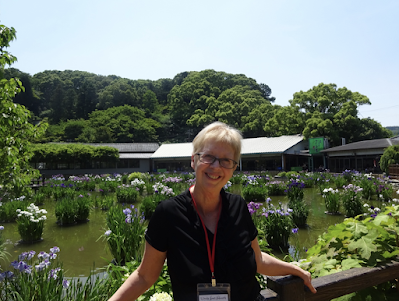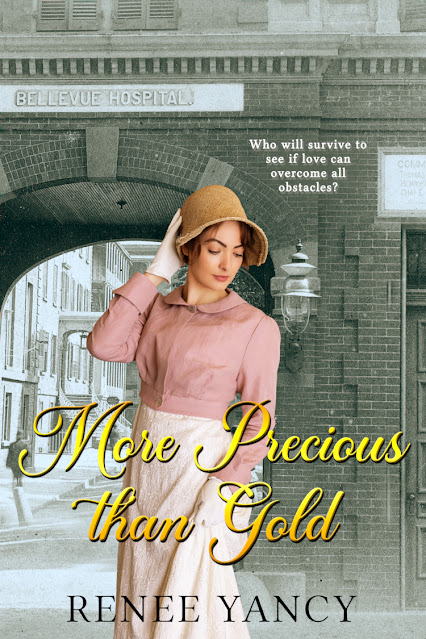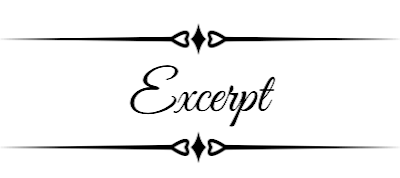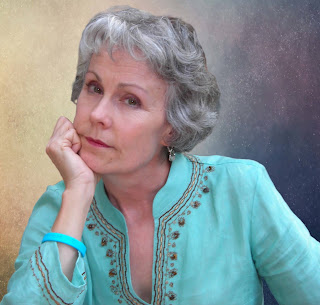Book 2 in The Art of Secrets series
By Vicky Adin
Publisher: AM Publishing NZ
Page Length: 376 Pages
Genre: A dual-timeline women‘s historical family saga
A distraught friend, a mysterious stalker, and generations of secrets.
Emma’s job is to find the link, but tracing a family tree suddenly becomes a dangerous occupation.
Emma delights in uncovering her clients’ family secrets and writing their histories. When Jess begs her to untangle her skeletons and find the woman called Elinor, Emma soon learns someone doesn’t want the past brought to light. A series of threats puts her in danger, and Emma suspects there is more to her friend’s frazzled plea.
Elinor only wants one thing from life – a home and hearth where she can dispense love and laughter. Undeterred by the hardships of life between the two world wars, Elinor raises a large family and survives everything fate throws her way. Neither deprivation nor heartache prevents her from protecting those she loves. But is what she yearns for a step too far?
Intrigued by Elinor’s story, Emma is determined to find out who is causing trouble, and why, before it’s too late.
Before we begin, please introduce yourself.
Hi everyone, I’m Vicky, a Welsh born Cornish raised Kiwi. I’m a genealogist, antique lover, wife, mother, grandmother and all round nosy parker. I love Mediterranean food and red wine. Fortunately I love to cook and, if you sign up to my newsletter, apart from some book news you will also get snippets of entertaining gossip about our two vintage cars, our caravan travels around New Zealand, as well as our orchids, the odd recipe, and loads of history and interesting ‘new’ (meaning old and forgotten) words. I love words, but my favourite past-time is delving into the past, looking at old photos, reading old newspapers and discovering those who shaped our world.
What inspired you to write your latest book, Elinor?
Genealogical research. It’s such a mouthful, I wish there was a simpler word for it – but I find by digging into the social structure of the past I understand more of how New Zealand developed as a nation. Elinor is not one person, she is a compilation of many women; women who survived whatever life threw at them. In this instance, Elinor lived through the post war years of the 1920s and on through the Great Depression of the 1930s. These women bore many children, loved and lost, struggled to make ends meet and yet survived under difficult circumstances. They saw great changes with the advent or modern appliances and technology. The period between the wars presented opportunities and optimism as well as desperation.
How did you come up with your setting, and your characters?
I write about the women of the time, who to me were (and are) the backbone of the family. I’ll leave the war stories to others. I choose periods of great historical change or base my stories around strong women who chose to change their circumstances seeking a better life. My stories reflect the everyday, ordinary immigrants to our beautiful country. Except there was nothing ordinary about how those women survived; women who would never appear in the annals of history but who oversaw the birth of a nation and helped shape many lives.
I have six books in The New Zealand Immigrant Collection - family sagas about overcoming the odds - ranging in settings from the 1860s to the1890s and into the early 1900s. Some are entirely historical, some are dual-timeline and contemporary novels about searching for the past. Elinor is Book Two in a new series The Art of Secrets about finding your roots.
What is it about the period of history that you write about that you find so fascinating?
New Zealand is a young country by world standards. Guided by the stars, the oceans and the winds, the Māori arrived here around a thousand years ago, creating traditions and legends that make New Zealand unique. Their footprint was established long before the first ship-load of Pākehā (European) settlers arrived after the signing of the Treaty of Waitangi in 1840. From then on, immigrants continued to arrive in their thousands to an untamed land with little infrastructure to create a new way of life. These are the people who inspire me.
What are you currently working on?
Book 3 in The Art of Secrets dual-timeline series. Her name is Lucy and she was one of over 30,000 women who signed the suffrage petition that eventually gave New Zealand women the right to vote in 1893 – the first in the world to have universal suffrage. The history of that time is fascinating and I can’t wait to tell her story. But first, Emma, our modern day protagonist, genealogist, researcher and biographer has to do a lot of digging.
26 January 1919
Elinor Somers closed her eyes and took a deep breath, hoping to reset her rising temper. Her children filled the space with noise as they squabbled, laughed and chased each other around the house. Every sound swirled, magnified and rang inside her head – the knife against the bowl as she chopped the butter, the pot lid she lifted to stir the soup. The dog barking outside was more than her nerves could stand. She rubbed her flour-coated wrist across her forehead to ease the tension. “Stop it!” she snapped. Stillness followed while the children waited. “Get outside. I can’t stand your clatter any longer.”
The heavy clumping of feet on wooden boards echoed in Elinor’s head as her eldest daughter Ella ushered the three younger ones out. All except thirteen-month-old Dot, who looked up at her mother from the rug. The child’s large, round eyes pooled with tears at her mother’s sharp tone and dribble ran down her chin, wetting her bodice. Elinor quickly swept Dot into her arms before the girl could let out the wail building in the tiny body. Her head couldn’t stand another din.
She had given her daughter a spoon dipped in honey to suck, moments before she heard the door opening. She turned, ready to scold the children again, only to see Joe. She glanced at the clock – mid-morning, with so much of the hot summer’s day yet to come. Joe never came in at this time. Her body thrummed with fear.
“What’s wrong?” She watched her husband of ten years as he pulled his boots off on the home-made wooden jack and came inside.
“Nothing. The youngsters came down to the shed and said you were upset.”
Elinor stood straighter and glared at Joe. Her most striking feature was her height, closely followed by her piercing green eyes, which she now used to full advantage. She might be exhausted, she might want to fly off the handle at the slightest incident and run to the seclusion of her bedroom, but no one, not even Joe, was going to accuse her of weakness. “There’s nothing wrong here, either. They were making such a racket I told them to get outside, that’s all. They shouldn’t have gone running to you. Now, scoot. Get about your work and leave me to get on.”
“You don’t have to pretend with me, Nellie.”
“Get away with you. I’ve got work to do, even if you haven’t.”
Joe took Dot from her arms. “Now I’m here, how about you make me a cup of tea and I’ll have this one awhile.”
Elinor hurried to the coal range, moving the big kettle across to the heat while she threw tea leaves into the pot. She reached for the freshly baked bread, sliced off a couple of pieces, buttered them and handed them to Joe.
“How’s the packing going?” he asked, jiggling the now-smiling infant on his knee.
Elinor frowned. “As well as I can with four youngsters underfoot and a baby to feed. Our Ella is doing her best to keep the little ones quiet, I know. And I shouldn’t have lost my temper, but I’m nowhere near ready. How will we manage, what with all the furniture and the animals?”
“Your brothers will bring your father’s truck. They’ll help load the dray and take the animals.”
“Are you sure we’re doing the right thing, Joe?” She handed him a mug of hot tea, took Dot from him and put her on the floor to play.
With his mouth full, Joe didn’t answer immediately. She could see the doubt in his eyes but wasn’t surprised when he said, “Of course. Why wouldn’t I be?”
They would walk off this place as they had walked off the last one, and the one before that, owning nothing. They never seemed able to get ahead, never got a break, despite their best efforts. All she wanted from life was security. A home she could call her own, a place overflowing with love and laughter and certainty for her family. She suspected it would be many years before her dream came true, but she lived in hope. “I’m not letting anyone defeat us, Joe. I’m not.” She’d find a way.
The goal of owning a farm of their own had been her father’s driving ambition, and now it drove her husband. Moving had been a part of her life from an early age. Shifting from house to house, from town to town, as one place failed, the season ended or they’d heard of a better job, a better way of living. The nomadic lifestyle took its toll, and what for, she asked herself … what for?
She knew, of course. Land. The need to own a piece of dirt. A source of pride and a mark of success. But, like chasing rainbows, the pot was always a little out of reach. They’d moved so often, she began to plan for it as much as she planned for her next pregnancy.
She straightened her shoulders again.
“Take it easy, Nellie. We won’t be beat, not in the long run, but right now we have no option. This land is no good.”
She had tried to convince herself they could stay. That this time they’d find a way, but deep down, she’d known they wouldn’t be able to make the farm pay. Joe was so easy-going and accepting, it often frustrated her. Sometimes she wished he would fight against their misfortunes, but that wasn’t the nature of the man she loved.
Joe’s old labouring job at the flax mill had been intermittent and low paid; farming seemed a good option and they’d leased a property. They’d tried milking cows, but the land wasn’t right, according to her father, her brothers, his brothers. Everyone said they were crazy to try, but at least they had tried.
Another shiver of determination ran down her spine. She would not give up.
Social Media Links:
Website • Twitter • Facebook • LinkedIn • Instagram • Pinterest • BookBub • Amazon Author Page • Goodreads

.png)
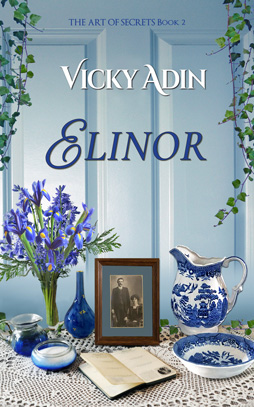



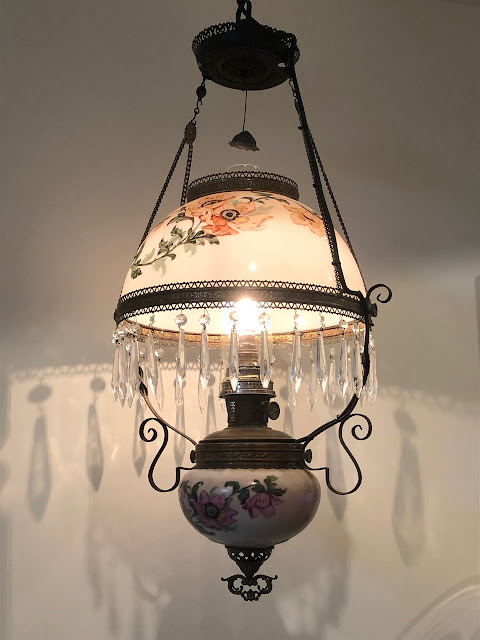
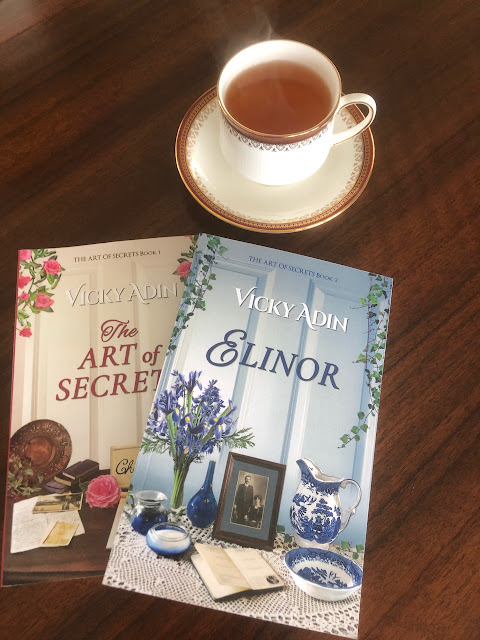


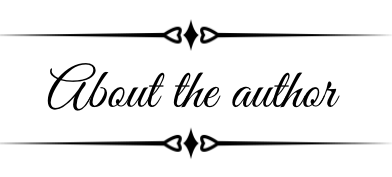
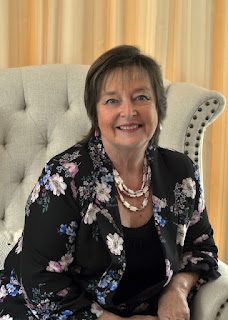
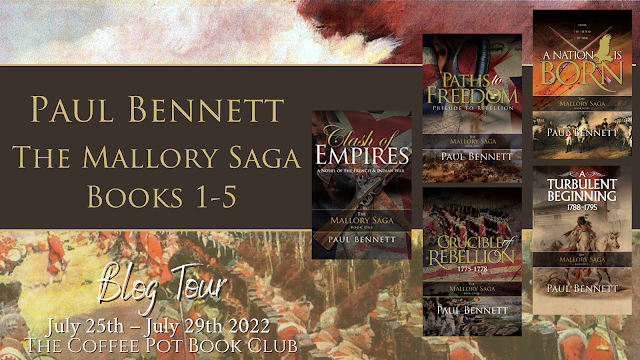




.png)





